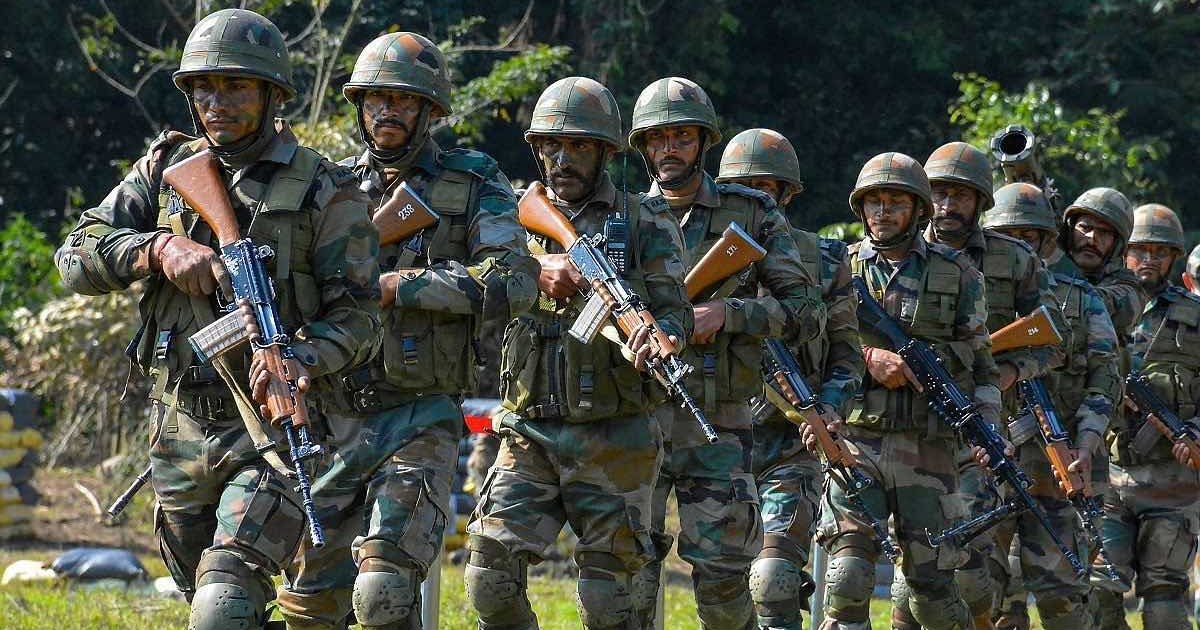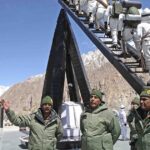
“We should negotiate the border from our position of advantage”
By Vikas Gupta
Defence News of India, 27 January 23
Former Indian army chief General MM Naravane said on Friday that the Indian army was enjoying, for the first time, an advantage on the Sino-Indian border vis-à-vis the People’s Army. Chinese Liberation Army (PLA).
“We should negotiate (the Sino-Indian border) with China from this vantage point,” he said, while speaking to a New Delhi-based think tank called the Foundation for Non-Violent. Alternatives (FNVA) when releasing its new report, “Resetting Indian Policy in Tibet 2022.”
Naravane commanded the Indian Army from January 1999 to April 2022, a period of border unrest during which the PLA made incursions into Indian territory at several points in eastern Ladakh. In a brutal melee between the two armies in the Galwan River Valley, Indian soldiers were killed for the first time since 1975.
New Delhi acknowledged the deaths of 40 Indian soldiers in the clash, while Beijing acknowledged that four PLA soldiers lost their lives.
Naravane said the Indian army had gained a major moral advantage, stemming from the fact that, for the first time in decades, an adversary had inflicted casualties on Chinese soldiers.
“It doesn’t matter if four Chinese soldiers were killed or 40. What is important is that we resisted the PLA and inflicted casualties,” he said.
The message that had been sent to the PLA and the Chinese leadership, Naravane said, was that any further aggression from China would exact a price on them. “It won’t be a small prize, but a big prize,” he said.
The former army chief also claimed that India’s advantageous position stems from the fact that the large number of Chinese troops now deployed on the Sino-Indian border had to be replenished from distant bases on the east coast of China.
“The lines of communication from the PLA to their western border with India are 4,000 kilometers long, while the lines of communication from India to its Himalayan border are a mere 400 to 500 kilometers long,” Naravane said. .
This leads to a stalemate position, Naravane said, in which neither the Chinese side nor the Indian side can benefit from the conflict. It is a position that calls for negotiation.






